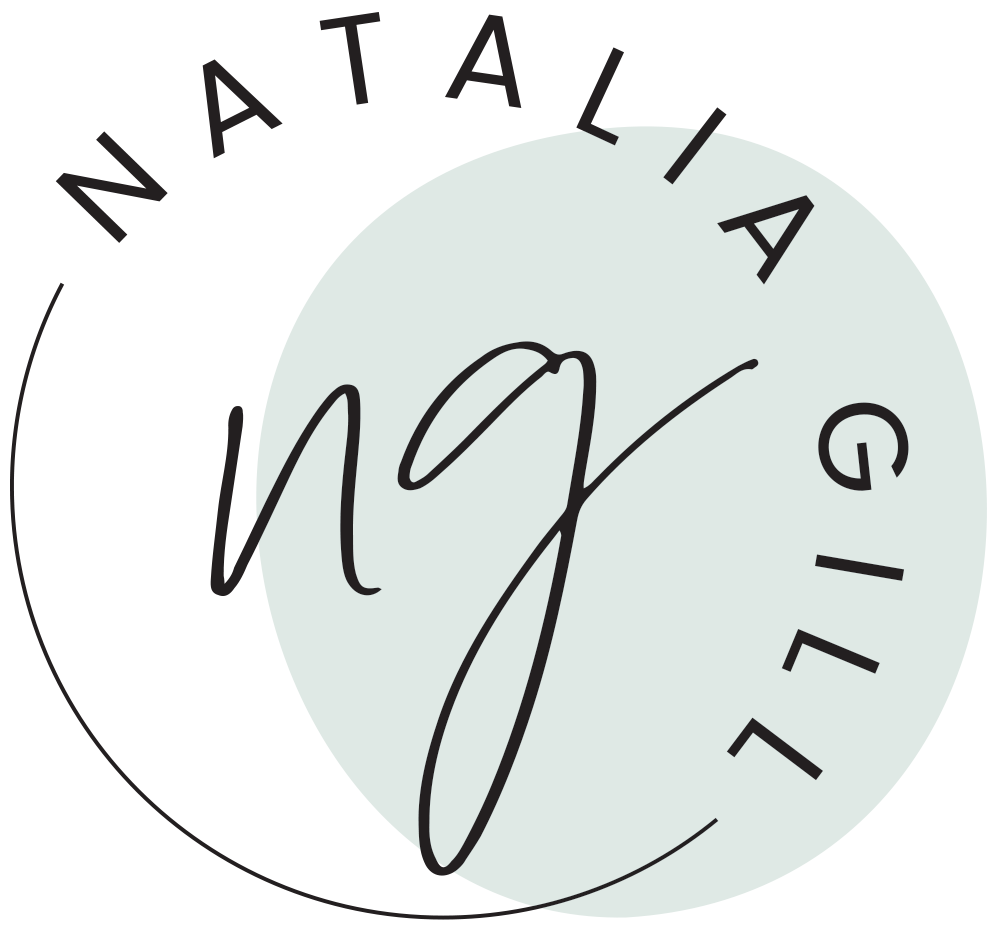How Low-Carb Diets Take a Toll
If you’re like a lot of people, you don’t quite know what to do with carbs. Maybe you’ve had trouble with carb cravings or carb “addiction” in the past. Or, like many of us, you once had “success” with a low-carb diet and have attempted to ward them off ever since.
But over time, restricting carbs can deplete energy stores and leave you with compromised gut function, brain fog, imbalanced hormones and a sluggish metabolism.
The reality is that we need glucose. Our cells need glucose to produce energy that’s required to carry out basic functions throughout the body. Our brains run on glucose.
If we don’t get enough glucose from healthy carbohydrates in the diet, we have to get it somewhere.
Our bodies can use stress hormones to make glucose from protein - breaking it down from the food we eat or from our body’s own tissues.
Two problems with relying too heavily on protein to provide glucose:
It uses protein that could have been allocated to repairing and building up our body’s tissues - like the gut lining, cartilage, muscle, hair, skin and nails.
A shortage of carbs signals a stressful environment, and the body responds by slowing metabolism and higher cognitive functioning. (This also happens over time with a ketogenic diet.)
If you want to dive deeper into this, read this great article by Jay Feldman, explaining how our body adapts in the absence of sufficient glucose and why these adaptations aren’t ideal in the long run.
Many people who’ve been low-carbin’ it for a while are starting to get the picture that something’s off - they’re losing steam and seeing markers of hormonal imbalance in their bloodwork. And because of that we’re finally, slowly seeing carbs make a comeback in the wellness circles. And I expect this will ramp up in the coming months and years.
The low-carb trend has taken a toll and it’s time to start looking at diet through a balanced lens that doesn’t vilify any one macronutrient.
Bottom line: a carb-inclusive balanced diet can help restore energy, mental focus, hormone balance, metabolism and healthy weight. If you’re craving carbs, there’s probably a reason! Here’s a list of gut-healthy carb options to explore.
Sources and RELATED READING:
Blood Sugar, Stress and Feeling Hangry
Connections between cellular respiration and other pathways
What is Glutamine? (Why low glucose can lead to the degradation of the gut lining)
You Need To Eat More Carbs, My Dude

